Accountability, Campaign, Citizen, Corruption, Ethics, Politicians, System
814 Views
Are All Politicians Corrupt?
Unravelling the Politicians Reality
In a world marred by political scandals, bribery allegations, and public distrust, the question of whether all politicians are corrupt lingers like a perpetual storm cloud. It’s a question that often surfaces during heated debates, election seasons, and coffee shop conversations. While it’s easy to succumb to cynicism and assume the worst about those in power, it’s essential to tread carefully when addressing such a complex issue.
To say that all politicians are corrupt would be an oversimplification and a disservice to those who genuinely dedicate their lives to public service. However, the perception of widespread corruption within politics is not without reason. Let’s delve into the matter, exploring both the factors contributing to this perception and potential solutions to mitigate corruption in the political sphere.
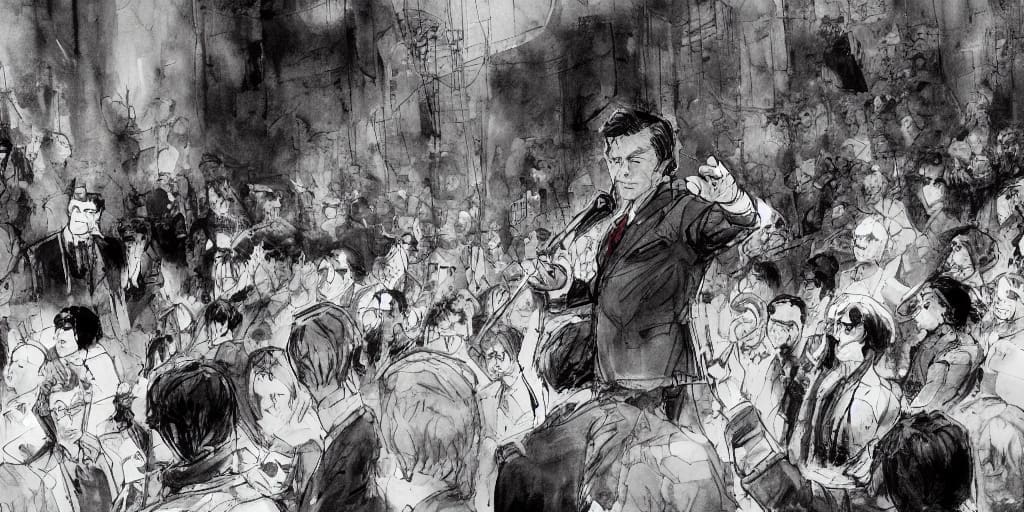
Table of Contents
The Perception of Politicians and Corruption
First and foremost, it’s vital to acknowledge the factors that have contributed to the perception of politicians as inherently corrupt. One of the primary reasons is the extensive media coverage of political scandals. Whenever a politician is embroiled in a corruption scandal, it often makes headlines and becomes the focal point of public discourse. These cases, though not representative of all politicians, paint a damning picture in the minds of citizens.
Moreover, the inherent nature of politics itself can fuel this perception. Politics is a high-stakes game, where decisions have far-reaching consequences. The allure of power, coupled with the vast sums of money involved in campaigns, can tempt even the most well-intentioned individuals. Campaign finance regulations and the influence of special interest groups can make it challenging for politicians to remain untainted by external pressures.

The Reality
While political scandals are undoubtedly disheartening, it’s crucial to recognize that they represent a minority of cases. Most politicians enter public service driven by a genuine desire to make a positive impact on society. They work tirelessly to represent their constituents, develop policies that benefit their communities, and address pressing issues.
Furthermore, the sweeping assertion that all politicians are corrupt neglects the existence of ethical and dedicated public servants who uphold the principles of integrity and transparency. These individuals work diligently behind the scenes to improve their communities and, by extension, society as a whole.
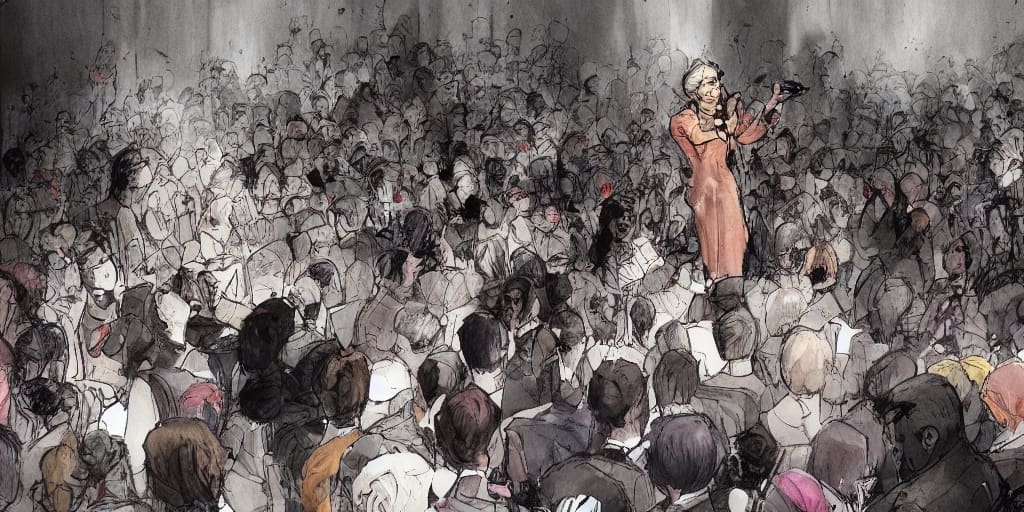
Solutions to Mitigate Corruption
To address the perception of corruption in politics, we must consider several potential solutions:
1. Campaign Finance Reform: Implementing comprehensive campaign finance reform can help reduce the influence of money in politics. Stricter regulations on campaign donations, greater transparency in political spending, and public financing options can level the playing field and make it less likely for politicians to succumb to undue pressures.
2. Ethics Training and Accountability: Politicians should undergo mandatory ethics training to foster a culture of integrity within the political sphere. Additionally, robust oversight mechanisms and swift consequences for unethical behaviour can deter corruption and reinforce public trust.
3. Transparency and Open Government: Governments should prioritize transparency and open government practices. This includes providing accessible information on political decisions, lobbying activities, and campaign finances. Openness in government operations can reduce opportunities for corruption to flourish.
4. Citizen Engagement: An informed and engaged citizenry is a potent antidote to corruption. Encouraging civic participation, holding politicians accountable through regular elections and citizen-driven initiatives, and promoting media literacy can empower individuals to demand accountability from their representatives.
5. Term Limits: Implementing term limits for politicians can prevent the consolidation of power and reduce the likelihood of corruption over time. It allows for fresh perspectives and minimizes the temptation to compromise principles for long-term political gain.
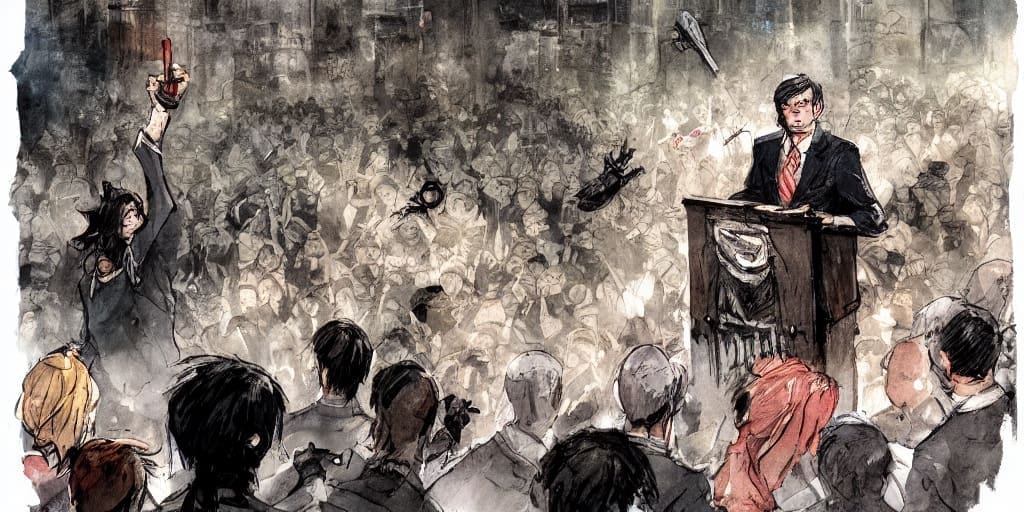
Preserving Integrity
In the world of politics, it’s an oversimplification to label all politicians as corrupt. While corruption undoubtedly exists, we must recognize the multitude of factors at play and the vast spectrum of individuals in public service. The perception of corruption can damage the very foundations of democracy, eroding trust and disenfranchising citizens.
Rather than succumbing to cynicism, we should channel our energies into advocating for reforms that enhance transparency, accountability, and ethical conduct in politics. Only by working together to address these issues can we hope to preserve the integrity of our political institutions and the faith of the people they serve. In doing so, we can ensure that not all politicians are corrupt and that the noble pursuit of public service continues to attract individuals who genuinely seek to make a positive impact on our world.


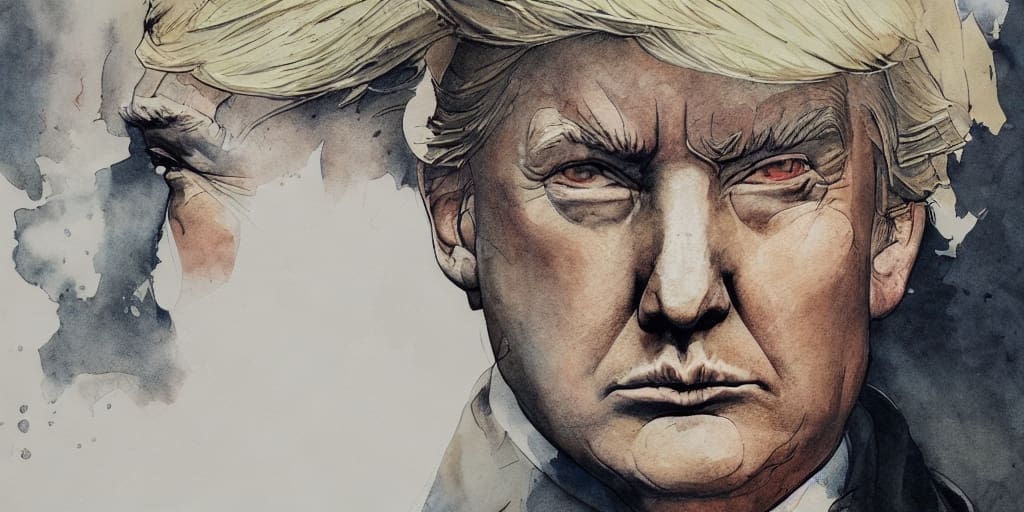



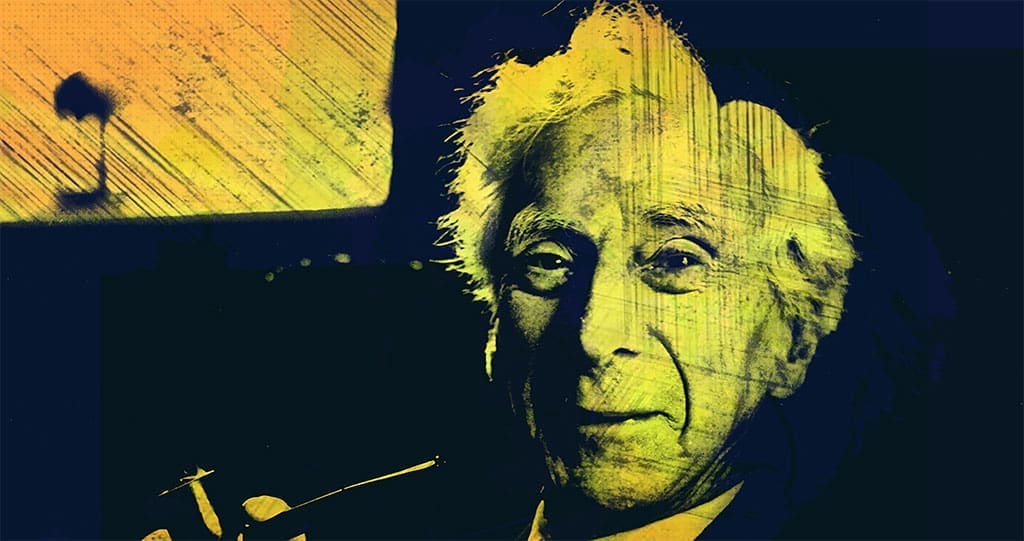





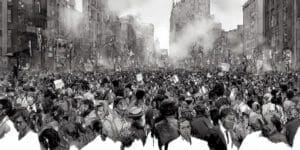



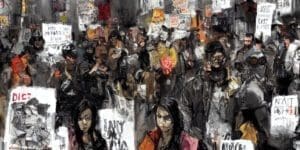
























Leave a Comment